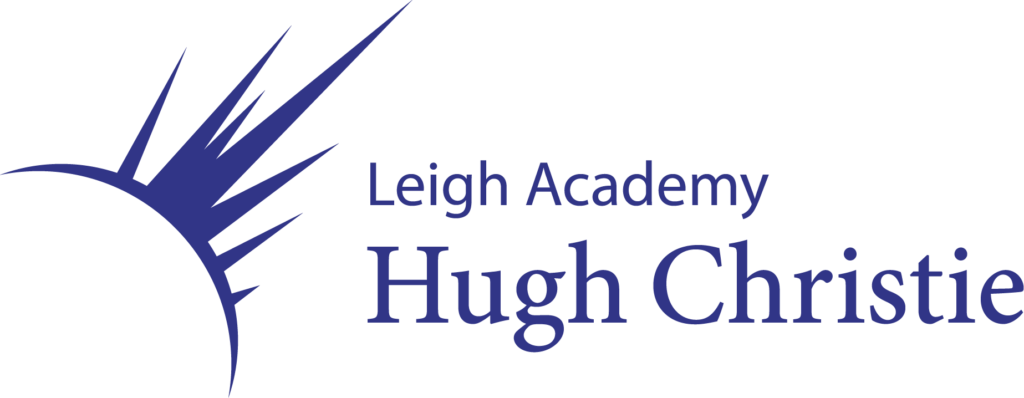Our intent is to provide a fluid and dynamic knowledge rich sixth form option curriculum, which gives learners, access and progress to universities or the world of work.
Students will embark on a journey through crime studying the different types of crime, the theories behind why people commit crime to collating evidence and finally our justice system. Students will understand the criminal justice system which impacts on their own behaviour and conduct in UK society. It requires students to consider how the use and application of their learning impacts on themselves, other individuals, employers, society, and the environment. Ultimately students will develop a critical and focused criminological mind. The course is logically planned and sequenced towards cumulatively sufficient knowledge and skills for future learning whilst building on their experiences from their previous learning.
The WJEC Level 3 Applied Diploma in Criminology will provide students with an introduction to criminal justice through a scientific study of criminal behaviour and give a context for humanities learning. It is a qualification with elements of psychology, health and social care, law and sociology so therefore complement studies in other social sciences and humanities. The curriculum is designed to offer exciting and interesting experiences that focus learning for students through applied learning.
The applied nature of the course allows students to learn in such a way that they develop skills required for independent learning and development, a range of generic and transferable skills such as critical thinking, and report writing and time management, the ability to solve problems, the skills of project-based research, development and presentation, the ability to work alongside others and the ability to apply learning in vocational contexts. Throughout the course students will be expected to work independently as reading/researching around topics areas is vital to further develop knowledge and understanding. This is encouraged through keeping up to date with the latest news and watching television documentaries. Many students do this anyway as they have a personal interest in this genre to start with. Criminology is a popular subject with the media so there is always a wealth of information to be gained from these sources and students are keen to do this in their own time.
This insight will enable students to make informed decisions about potential future career routes. Criminology students have numerous different career options at their fingertips. Exciting roles include in immigration, education, law enforcement, people protection, community planning, advocacy, policing, consulting, public administration, and international development.



